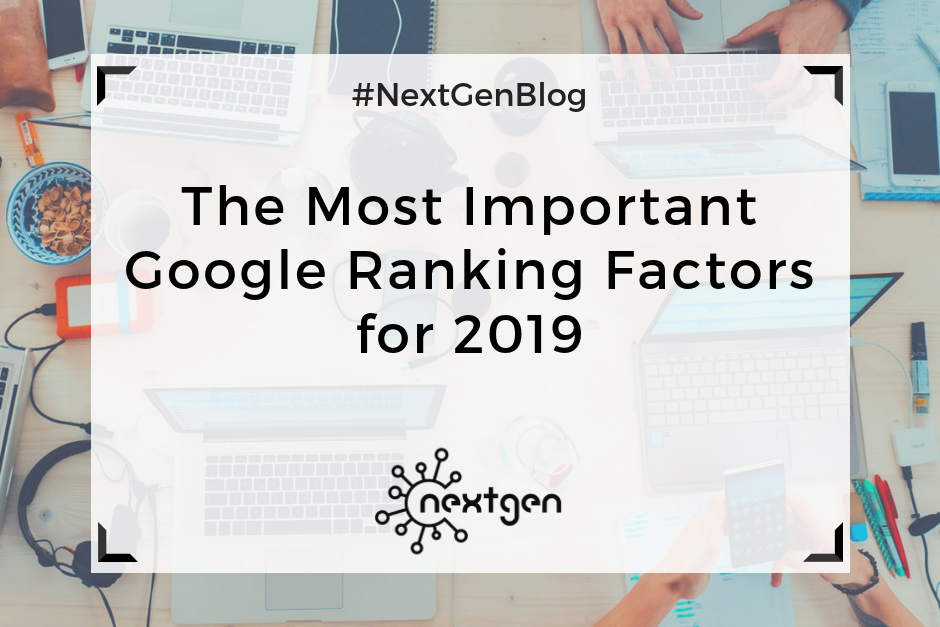Ranking refers to your website’s position in the search engine results pages (SERPs), and ranking factors are essential for effective search engine optimization (SEO).
According to SEO experts, there are over 200 ranking factors used by the Google search algorithm to rank websites and pages. However, not all ranking factors are equally important.
Here is a list of the most important Google ranking factors you should consider for 2019.
#1 Content quality
Publishing high-quality website content is crucial for good rankings.
- Create pages containing content that provides valuable information for the users, but also make sure your content has some length to it. According to research, content with over 2000 words gets higher rankings.
- Do a keyword research and use relevant keywords in your content. Also, use LSI keywords, which are keywordssemantically related to your main keyword.
- Understand search intent to understand what people are looking for and optimize your content accordingly.
- Optimize your pages for voice search since more and more people search content by voice.
- Video is very popular and drives a lot of traffic, so make sure you include video in your content strategy.
#2 Secure website
Switch your website to HTTPS, if you haven’t done so yet. HTTPS was first announced as an official ranking factor on the Official Google Webmaster Central Blog in 2014. Although it doesn’t affect SEO significantly, according to Google’s Gary Illyes, HTTPS may serve as a tiebreaker when the quality signals for two search results are otherwise equal. Plus, transitioning to HTTPS will help you deliver a better experience for your users.
#3 Mobile-friendly website
More than 50% of searches are now done on mobile devices, so you need to have a mobile-friendly website to provide a good user experience to your customers. Google now uses mobile-first indexing, which means that they use the mobile version of a page for indexing and ranking. Optimize your website for mobile and make sure your desktop and mobile content match.
#4 Page speed
Google wants to provide the best web experience for users, so the websites that load faster will rank at top results. That’s why page speed is a major ranking factor for your website, and you should optimize your page speed on both desktop and mobile.
#5 Backlinks
Backlinks are one of the most important ranking signals on Google. To rank higher in the search results, your content should get quality backlinks from authoritative and relevant websites. You can build backlinks by writing great blogs and articles, creating infographics, guest blogging, writing skyscraper content, etc.
#6 Domain age and name
Websites that have existed for a longer period of time hold top ranking positions, while new websites have a hard time achieving that. So, it’s a great advantage if your website has been active for more than a year. Another relevant ranking factor is the domain name. If you have a quality website, an exact-match domain can help you rank higher.
#7 User experience
User experience (UX) influences your SEO as well. Focus on providing a great user experience by creating a website that is easy to use and navigate and has relevant, valuable content. This will keep visitors on your page longer, and it will help improve your search engine ranking.
#8 On-page SEO
On-page optimization is another important factor for improving your ranking position. Here are some aspects you need to look at when optimizing your website:
- Optimize your website with efficient metadata by writing relevant meta titles and meta descriptions for your pages.
- Use header tags to show the hierarchy of your content.
- Use keywords in the alt tags of your images to describe them.
- Use schema markup to provide search engines with more information about your content.


